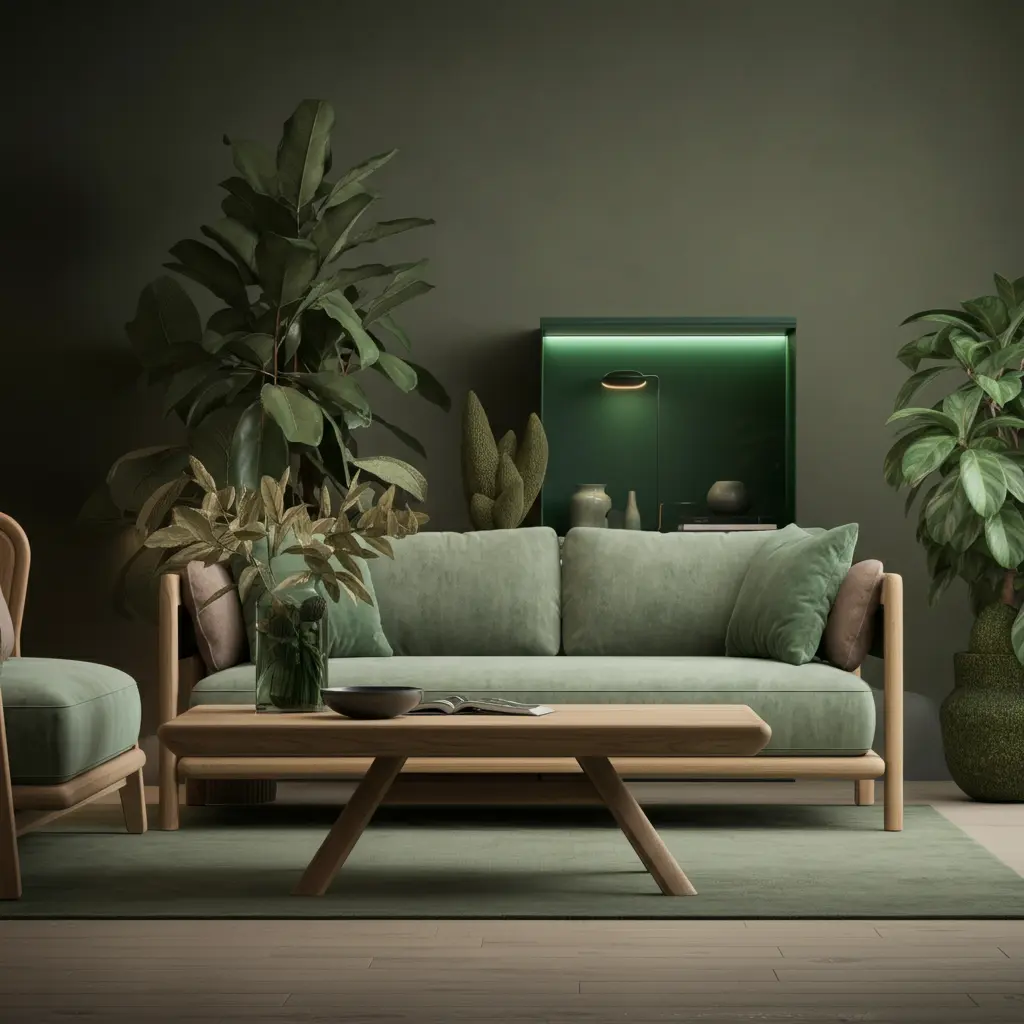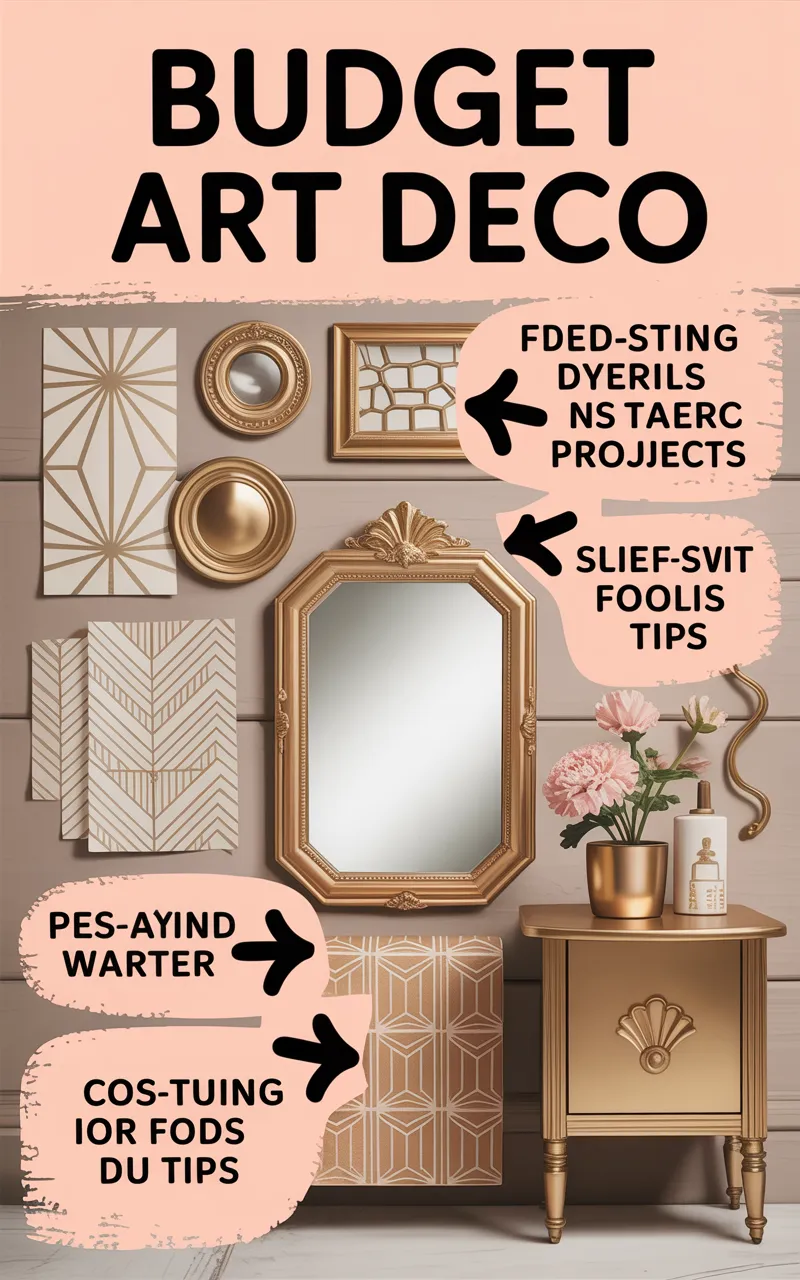Creating a home that’s both stylish and eco-friendly is no longer a trend; it’s a necessity for a healthier planet. Sustainable furniture is shaping the future of interior design, offering a way to blend aesthetics with responsibility. Whether you’re redesigning a single room or furnishing your entire space, incorporating sustainable furniture can significantly reduce your environmental footprint.
This blog will guide you through innovative ideas for greener furniture choices in 2025. From natural materials to upcycled pieces and eco-conscious practices, we’ll explore how you can create a beautiful and sustainable living environment.
What Is Sustainable Furniture?
Sustainable furniture is designed with a reduced environmental impact in mind. It prioritizes responsibly sourced materials, eco-friendly production practices, and durability. Unlike mass-produced furniture that often ends up in landfills, sustainable options are built to last, with an eye for both function and style.
By choosing sustainable furniture, you’re not just opting for beautiful pieces—you’re contributing to a better tomorrow.
Benefits of Choosing Sustainable Furniture
1. Environmental Conservation
Sustainable furniture reduces deforestation and lowers dependency on virgin materials. Many items are crafted from reclaimed wood, bamboo, or recycled metals, conserving natural resources and protecting ecosystems.
2. Lower Carbon Footprint
Opting for local furniture reduces transport-related emissions. Additionally, utilizing recycled materials and energy-efficient manufacturing processes results in lower overall energy consumption.
3. Healthier Homes
Toxic chemicals, like volatile organic compounds (VOCs), found in traditional furniture finishes can harm indoor air quality. Sustainable furniture uses non-toxic materials and low-VOC finishes, resulting in a safer living environment.
4. Unique Character
Each sustainable piece often carries a story. Reclaimed wood from old barns or upcycled furniture adds character and charm to your space, making it truly one of a kind.
Sustainable Furniture Materials to Consider
Reclaimed and Natural Materials
- Reclaimed Wood
Rustic dining tables, bed frames, or bookshelves crafted from salvaged wood provide timeless appeal while reducing the demand for new timber.
- Bamboo
Known for its rapid growth and strength, bamboo takes the spotlight for furniture frames, flooring, and even decorative elements.
- Cork
Lightweight yet resilient, cork is an eco-friendly choice for tables, stools, or even wall panels without harming the trees it’s harvested from.
- Hemp
Ideal for upholstery and ropes, hemp is a versatile, eco-friendly material that’s durable, biodegradable, and perfect for accent chairs or sofas.
- Jute Rugs
Add a cozy, natural touch to any room with biodegradable jute, ideal for rugs and mats with earthy tones.
Upcycling and Vintage Treasures
- Upcycled Furniture
Transform old furniture into something fresh and functional. For example, repurpose an antique door into a coffee table or turn vintage suitcases into creative storage units.
- Vintage Finds
Shopping for vintage furniture reduces waste and gives you access to high-quality, attention-grabbing pieces.
Eco-Friendly Practices in Furniture Design
Sustainability goes beyond raw materials. Ethical manufacturing processes ensure minimal waste and pollution.
Locally Sourced Materials
Support local artisans and reduce emissions by opting for pieces made from locally sourced materials. It’s a win for your community and the environment.
Low-VOC Finishes
Furniture coated with low-VOC paints and varnishes reduces harmful chemical emissions, ensuring healthier indoor spaces.
Ethical Labor Practices
Fair wages and safe working environments contribute to ethical practices within the production process, supporting both workers and the industry.
6 Tips for Designing a Sustainable Home
- Start With Essentials
Avoid over-furnishing. Instead, invest in fewer high-quality, sustainable pieces that hold both functionality and style.
- Choose Renewable Materials
When shopping, prioritize materials like bamboo, cork, or reclaimed wood that regenerate quickly and are environmentally friendly.
- Mix Vintage and Modern
Blend antique or vintage items with modern sustainable furniture for a timeless and eclectic vibe.
- Look for Certifications
Certifications like the Forest Stewardship Council (FSC) guarantee that the materials are responsibly sourced.
- Opt for Minimalist Lighting
Pair LED lighting with pieces made from reflective or mirrored surfaces to maximize natural light and reduce energy consumption.
- Repair and Restore
Extend the life of your furniture through repairs, refinishing, and reupholstery. Small updates can bring pieces back to life while conserving resources.
How to Maintain Sustainable Furniture
To ensure your eco-friendly pieces last for years, follow these maintenance tips:
- Use Eco-Friendly Cleaners
Replace harsh chemicals with natural cleaning solutions. For example, vinegar and water work wonders on most surfaces.
- Reapply Natural Finishes
Periodically treat wooden furniture with natural oils or beeswax to preserve its aesthetic and strength.
- Protect From Direct Sunlight
Avoid prolonged exposure to sunlight to prevent fading, especially for fabrics and natural dyes.
A Greener, More Stylish Home Awaits
Furnishing your home sustainably is about more than just furniture; it’s about adopting a lifestyle rooted in mindfulness and care for the planet. Whether you’re curating a single room or a full home, sustainable furniture helps you achieve a balance between style, functionality, and environmental responsibility.
By making eco-conscious choices today, you contribute to a better future—for yourself, your family, and the planet.
Looking for more sustainable inspiration? Explore The Interior Design Institute’s courses to master eco-friendly interior design techniques. Let’s create greener homes together, one piece of furniture at a time.
FAQ
Why is sustainable furniture important?
Sustainable furniture helps reduce environmental impact by using eco-friendly materials, minimizing waste, and ensuring ethical production practices. It also promotes healthier living spaces by avoiding toxic chemicals often found in traditional furniture.
What materials are considered eco-friendly in furniture design?
Eco-friendly materials include reclaimed wood, bamboo, recycled metals, organic fabrics, and non-toxic finishes. These materials are renewable, durable, and have a lower environmental footprint.
How can I ensure the furniture I purchase is sustainable?
Look for certifications like FSC (Forest Stewardship Council) or GREENGUARD, which confirm eco-friendly and ethical practices. Research brands that prioritize sustainability and transparency in their sourcing and manufacturing processes.
Is sustainable furniture more expensive?
While sustainable furniture can sometimes have a higher upfront cost, its durability and quality often make it a more cost-effective choice in the long run. Additionally, it’s an investment in environmental conservation and healthier living.
Can I incorporate sustainable practices without replacing my current furniture?
Absolutely! You can upcycle existing pieces, adopt second-hand furniture, or refinish your current furniture with eco-friendly materials to give them a fresh and sustainable makeover.







Leave a Reply
You must be logged in to post a comment.